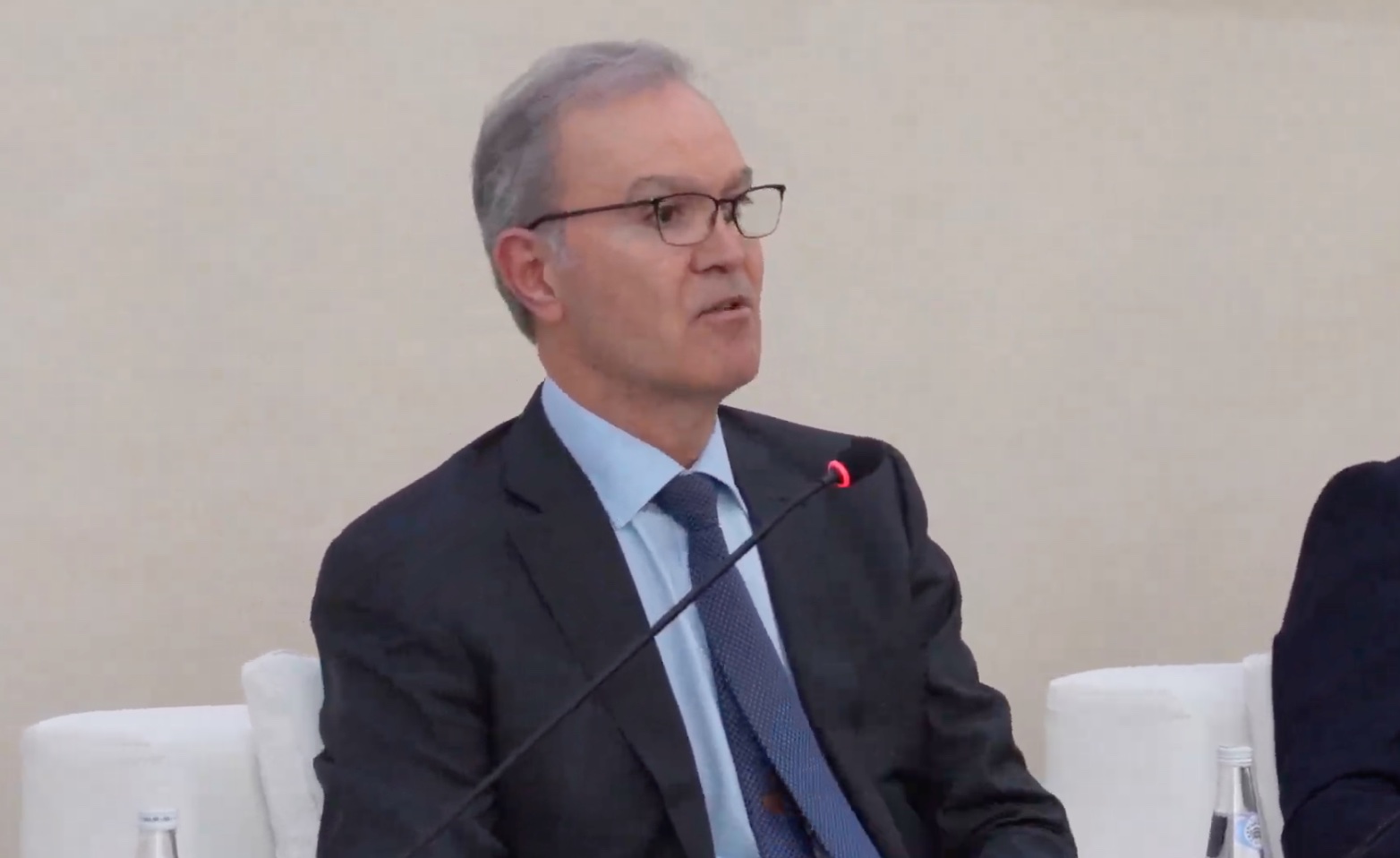BISHKEK, Kyrgyzstan, May 2. Increasing US tariffs and possible retaliatory actions are not expected to have a direct impact on the economies of the Caucasus and Central Asia (CCA), Thanos Arvanitis, Deputy Director of the IMF’s Middle East and Central Asia Department, said, Trend reports.
Speaking during the launch of the IMF’s Regional Economic Outlook for the CCA, Arvanitis emphasized that non-oil exports from the region to the United States remain minimal—less than half a percent of GDP—limiting the direct effects of trade tensions.
However, he cautioned that indirect effects could be more pronounced, stemming from three key channels: slower global growth, financial market volatility, and pressures on major trading partners.
Arvanitis noted that among the key risks are slowing global economic growth, increased financial market volatility, and weaker performance among major trading partners such as China and Russia. These factors could weigh on regional demand and external trade flows, particularly in export-oriented sector
He also pointed to increased financial volatility observed in early 2025, including a rise in borrowing costs for many emerging markets, which could further challenge economic stability in the region.
Arvanitis also noted that gold prices have reached historic high levels, and this will be good for countries like Uzbekistan and Tajikistan, which are major gold producers and therefore would have a positive impact on these economies.
"Unfortunately, we see different channels that this could affect various economies, and unfortunately, all of our countries need to be prepared to address this new environment of higher volatility in 2025," he said.
Stay up-to-date with more news on Trend News Agency's WhatsApp channel







